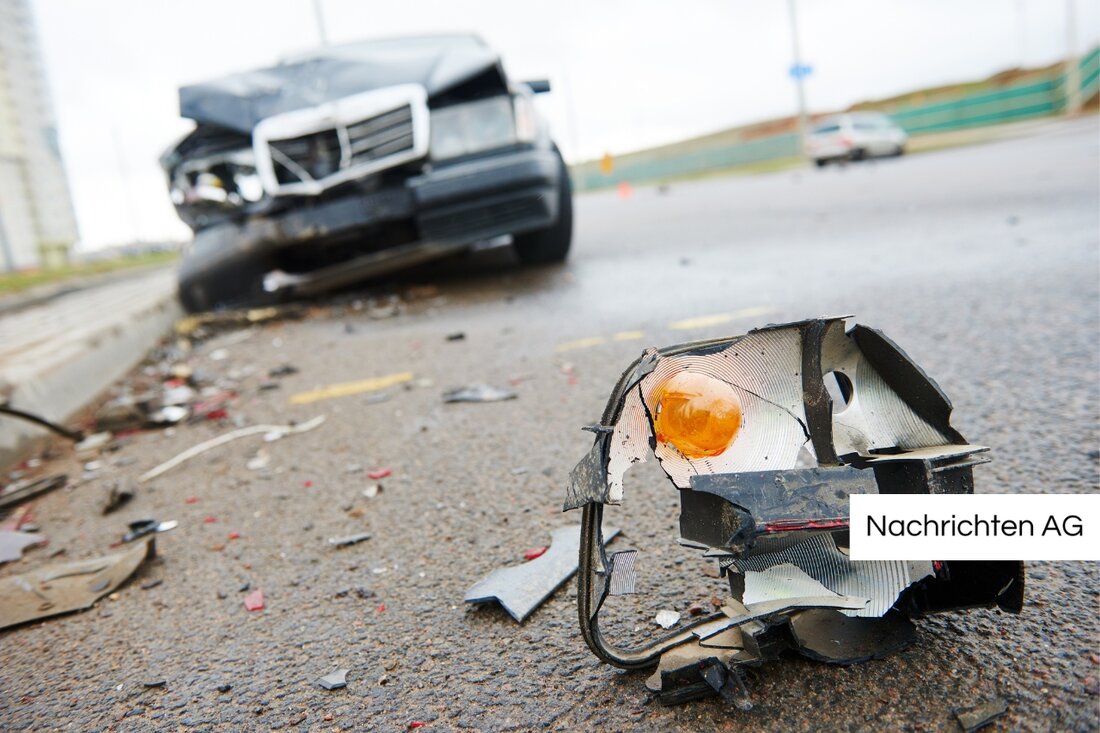Austrian rescue workers: Cross -border from August!
Austrian rescue workers: Cross -border from August!
Bratislava, Slowakei - Austrian emergency services will also be in use in Hungary and Slovakia from August 2025. This was made possible by the approval of the framework agreements in the National Council, which were passed on July 10, 2025. The aim of this agreement is to provide quick medical assistance for accident victims, regardless of where the emergency occurred - be it in Austria, Hungary or Slovakia. This cross -border cooperation could be of great importance in regions in which people often cross the borders.
The new agreements explicitly regulate operations in border regions, especially between the self -administration regions of Bratislava and Trnava as well as the Austrian federal states of Lower Austria, Burgenland and Vienna. In these regions, close cooperation between the emergency services of the countries involved is required.
regulations and implementation
The agreements enable patients to transport patients into the nearest medical facility, even if it is beyond the border. This ensures optimal care in emergencies. In addition, the obligation to identify them is temporarily suspended for cross -border missions, which increases the efficiency of the emergency services. Emergency vehicles can also use their usual light and sound signals in the neighboring country, which further improves the possible uses.
However, cross -border aid is only carried out at the request of the responsible rescue control center. These regulations are intended to determine the framework for safe and regulated cooperation in the area of first aid. A similar agreement with the Czech Republic was already concluded in 2016, which served as a template for the current contracts.
added value for the population
The importance of cross -clinic emergency care is growing in the European border regions because the mobility of the population increases. More and more people are visiting the neighboring country for purchases, work or leisure activities. In an environment in which some medical care facilities withdraw inland, such a cooperation becomes all the more important.
doctors and hospitals are increasingly cooperating beyond national borders, which increases the need for cross -border emergency services. The new regulation is supported by various political actors. MPs of the SPÖ and ÖVP have signaled their broad consent to the offset regulations, while the GREEN call for additional measures to ensure the quality of the emergency services.
The implementation of this agreement marks an important step in the further development of the emergency services in Austria and its neighboring countries, as well as parlament.gv.at. An essential part of this development is the creation of a legal framework that enables effective and flexible reaction to emergencies in border areas.
In summary, it can be said that this cooperation represents significant progress in cross -border health care. It turns out that in addition to the improvement of medical aid, the strengthening of cooperation in the region is of primary importance, which Trisan confirms.| Details | |
|---|---|
| Ort | Bratislava, Slowakei |
| Quellen | |


Kommentare (0)